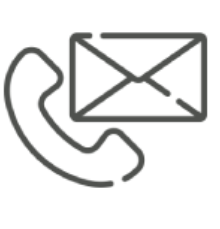Navigate our hub

New authors will find useful information on how to get started here and our existing authors will find many helpful tips here.

Link to editor details.

You can find out more about the commissioning interests by contacting the Open University Press team.
Our wide-ranging and diverse publishing programme includes resources for study and professional development. Open University Press titles focus on current issues and challenges, research findings and their application, ideas for teaching, and many other topics.
Quotes from authors
Publishing terms glossary
This page aims to uncover publishing processes right from the conceptualising of the book and initial discussions to its place on the conference stand, reading lists and beyond!
Below is a list of common confusing terms used in publishing to demystify conversations:
- Back matter – the pages at the end of a book, which tend to include indexes, appendices or bibliographies.
- Copyright - the exclusive and assignable legal right, given to the originator for a fixed number of years, to print, publish, perform, film, or record literary, artistic, or musical material.
- DPI – Dots Per Inch, usually 300 DPI can ensure an image prints in sufficient quality
- ISBN - International Standard Book Number, a ten-digit number assigned to every book before publication, recording such details as language, provenance, and publisher.
- Metadata – the ‘behind the scenes’ information
- Pedagogical Resources – Content in the book that is aimed at supporting a student’s learning. For example; case studies, reflective questions or further reading.
- Prelims (front matter) – the pages at the front of a book, which tend to include dedications, acknowledgements, glossaries, a foreword or preface, and list of tables and figures which uses Roman numerals
- Print on Demand (POD) - books are printed to order, using digital technology, reducing delivery times for international readers
- Print run – number of books printed ahead of publication
- Public domain – not restricted by copyright
- SEO – Search Engine Optimisation to ensure that the book can be found by readers searching on Google and other search engines
Trim size – measurements of the physical book
Talk to us about our solutions



